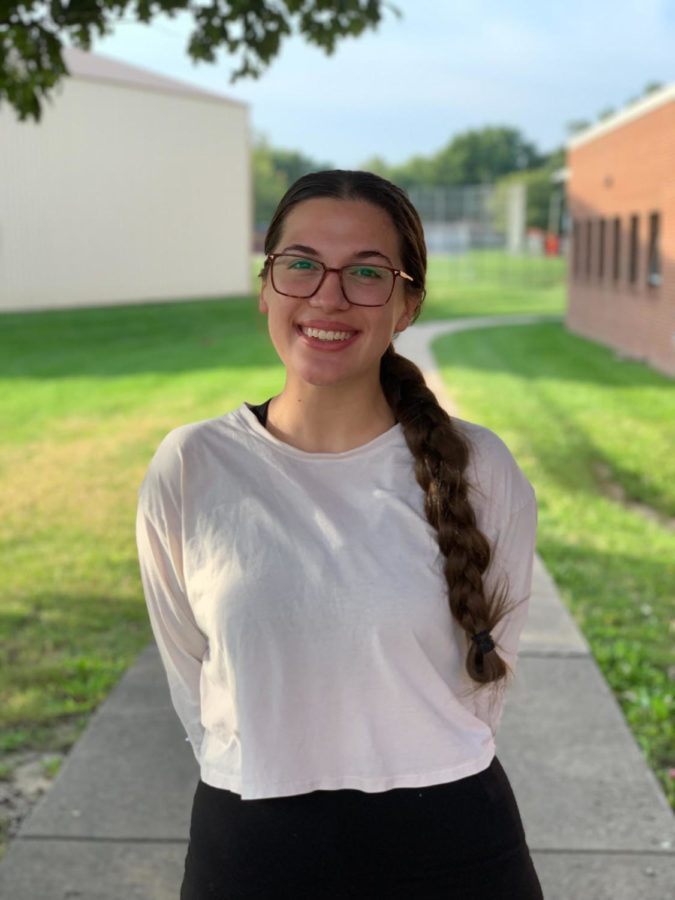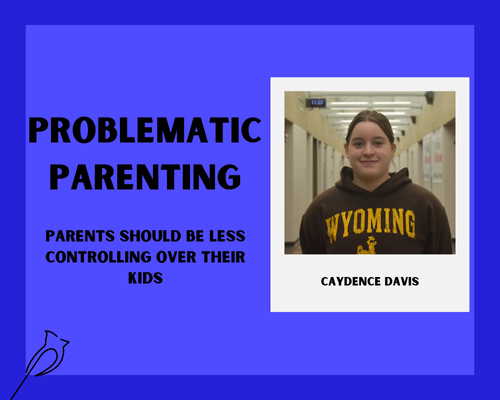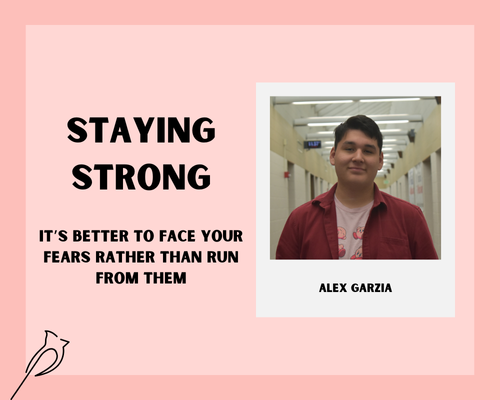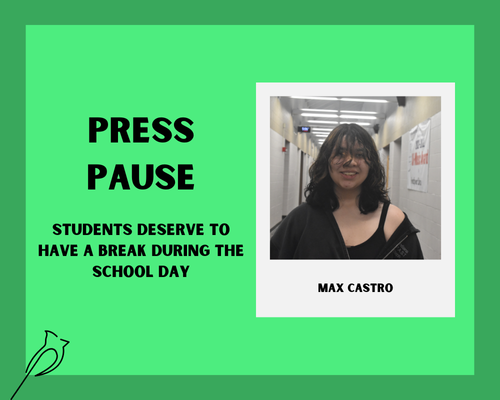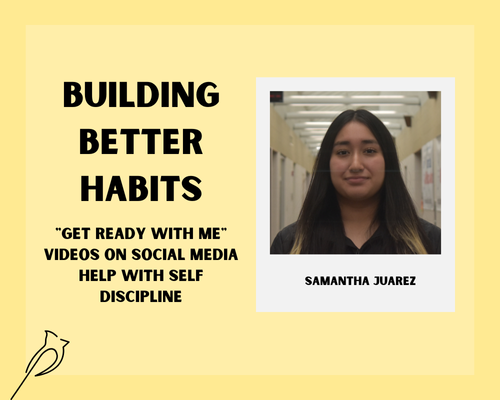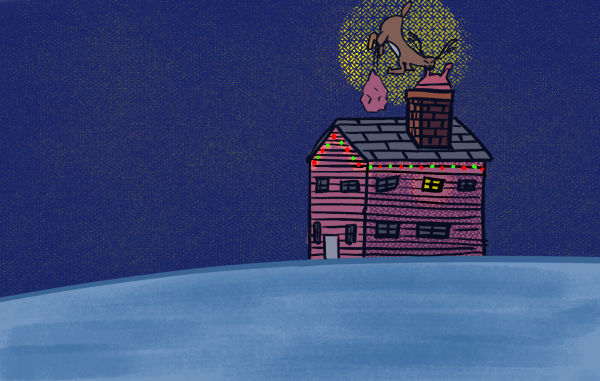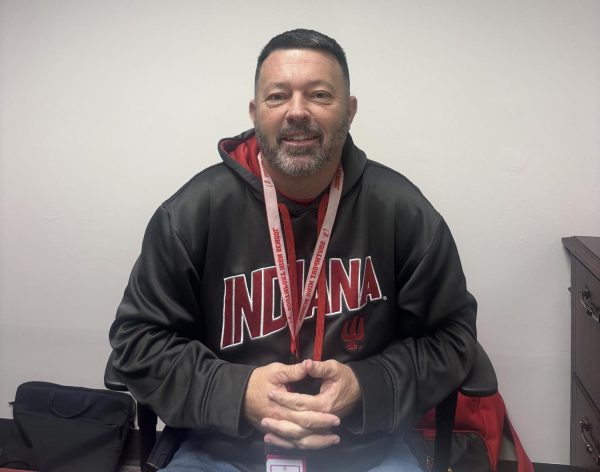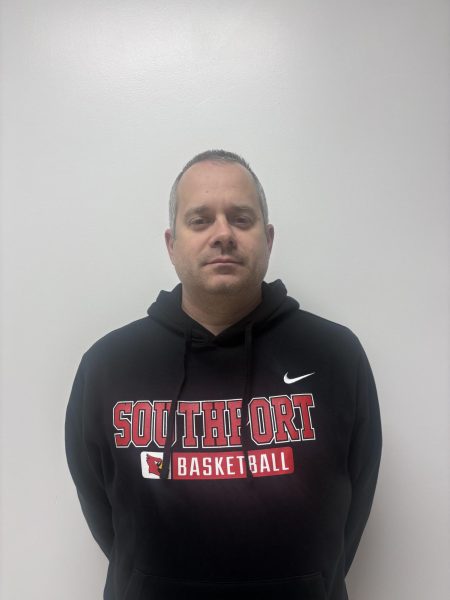A faithful experience
People of faith can be stereotyped
I remember the first time I was asked the question. I was in the third grade sitting with my two friends, then suddenly another girl approached me and asked, “Grace, why do you always wear a skirt?” I was at a loss of words and my heart sank to my stomach. I was only eight years old. As a vulnerable little girl not even realizing she was different, suddenly that was all that would occupy her mind, constantly.
It was slow at first. I guess up until the third grade I didn’t comprehend that everyone else didn’t have some sort of faith. Maybe I assumed everyone else had church friends to play with or maybe I even imagined everyone else thought there was a God too.
Time went on and although I knew the answer to the ever so occupying question had something to do with God, I didn’t know how to form an accurate response to such a personal question at the time. As time went on, people at my elementary school didn’t need to ask anymore, and I didn’t even feel that different. That was until sixth grade.
In sixth grade wearing skirts wasn’t ‘cool’ and not being able to fit in like everyone else wasn’t normal. After the first week of school, I started to stand out. I was being asked about my long hair and skirts every day. It’s not that I was ashamed of my religion or what I believe, I was proud. But “the question” somehow turned into a sort of punch due to the environment and mindset of being in sixth grade.
But sixth grade alone was such a vulnerable time for all of us. No one knew who they were so I guess I didn’t understand why I was supposed to know. But I recognize that people are curious. In fact, their curiosity forced me to develop an answer to that big question.
By the time seventh grade rolled around, I started looking for answers, for myself if not for everyone else. I started learning and understanding more about my purpose, the beautiful world around me and the great God I had been serving. It’s not that I was oblivious to my faith before, but more that I just didn’t know the truth myself.
Time went on and although the questions kept being asked, even out of disrespect, I started looking at it in a different light. This now became an opportunity to tell others about something so great that I was a part of.
Did that change people from putting me into a certain box or making offensive jokes they weren’t educated about? Absolutely not. And I do understand genuine misunderstanding, but when you get asked things like “Are you on Rumspringa?” or “You’re religious so you’re probably racist, right?” and “Are your parents forcing you into this?” it becomes extremely evident how stereotypical people can be.
One thing I have learned from it is that we should actively be trying to learn about others in a respectful way. We should love others enough to not assume what they believe or place a stereotype on them.
Whether you believe in a higher power or the power of the universe, if it gets you through the hard times, there’s no harm to it. Think before you assume someone’s political stance because of religion. Research before you assume someone’s beliefs based on physical appearance. And try to gain a different perspective before you assume the intention of someone’s heart due to their faith.

I feel like I’m getting deja vu because this is the third time I have written a staff bio for The Journal. Who would've thought that I could enjoy that...


